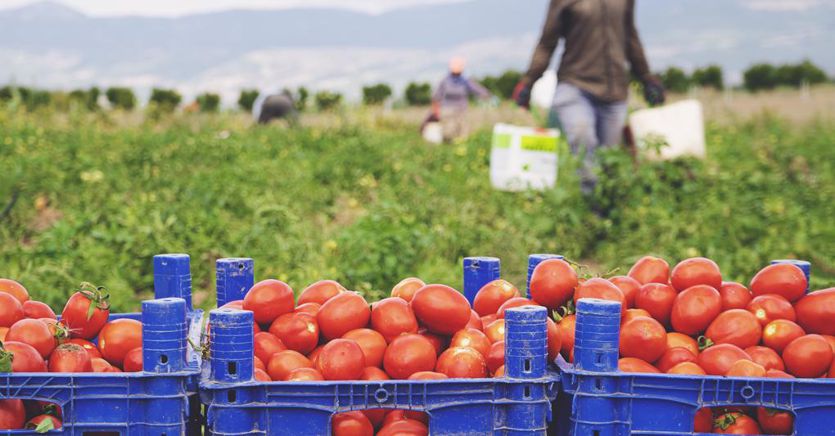The resilience of the Italian agri-food sector. What is staged this morning at the International Forum of Agriculture and Food organized today in Rome by Coldiretti in collaboration with The European House – Ambrosetti studio is the proof of strength of the made in Italy agri-food sector that has managed to overcome the wave of the pandemic. “In fact, in 2021 the food supply chain – they explain to Coldiretti – became Italy’s first wealth with a value of 575 billion euros and an increase in turnover of 7% despite the difficulties linked to the pandemic”. A supply chain that unites agriculture, industry, large-scale distribution up to catering (which represents the link that paid the highest price with the prolonged closures imposed by lockdowns). “A sector – they add to Coldiretti – which today is worth almost a quarter of the national GDP and which sees 4 million workers employed from field to table in 740 thousand farms, 70 thousand food industries, over 330 thousand catering establishments and 230 thousand retail outlets “.
Continuous production
A supply chain that paid downstream during the lockdown, especially in the catering channel, but which, on the other hand, has always continued to function in the previous rings. “In the Italian countryside, stables, greenhouses and companies have continued to produce – they still say to Coldiretti – despite the difficulties linked to Covid, guaranteeing the supply of food products on the tables of Italians and around the world“. And in 2021 the Italian agri-food sector began to restart strongly also thanks to exports that start at the end of 2021 to close the year with the record in sales abroad.
The growth of exports
According to Coldiretti projections on the basis of Istat data relating to foreign trade in the first 9 months of the year, Italian exports (which at the moment record a progress of 12% compared to the same period of 2020) should exceed the threshold of 50 billion euros. turnover reaching 52 billion. “A result obtained despite the difficulties of commercial exchanges – still say to Coldiretti – and the lockout of bars and restaurants in all continents that has heavily affected Italian cuisine.” months of 2021 an increase in purchases of 7%. In second place the USA with an increase in imports from Italy of as much as 17%. Followed by France (+ 7%) which is stable in third place while in fourth there is Great Britain where, however, sales are stagnant due to the difficulties related to Brexit, between customs procedures and the increase in transport costs. due to delays and increased checks.
The strategic value of food
Among the other markets – points out Coldiretti – we note the growth of 15% in the Russian one and 47% in the Chinese one. “The global emergency caused by Covid – commented the president of Coldiretti, Ettore Prandini – has brought out a widespread awareness of the strategic value represented by food and the necessary guarantees of quality and safety. Italy can count on a world-leading resource but must invest to overcome the present frailties, defend food sovereignty and reduce dependence on foreign supplies at a time of great international tensions. This is why we have developed and proposed – continues Prandini – concrete projects in the NRP to promote food self-sufficiency and a decisive turn towards the green revolution, the ecological and digital transition.
The node of the infrastructures
But to support the growth trend of Made in Italy food and wine, it is necessary to act on Italy’s structural delays and unlock all the infrastructures that would improve connections between the South and North of the country, but also with the rest of the world by sea and rail. at high speed, with a network of hubs made up of airports, trains and cargo. The delays on these fronts cause damage to our country in terms of fewer opportunities and generate a real ‘logistic bill’ linked to transport and the handling of goods. We need to intervene in these areas “.
